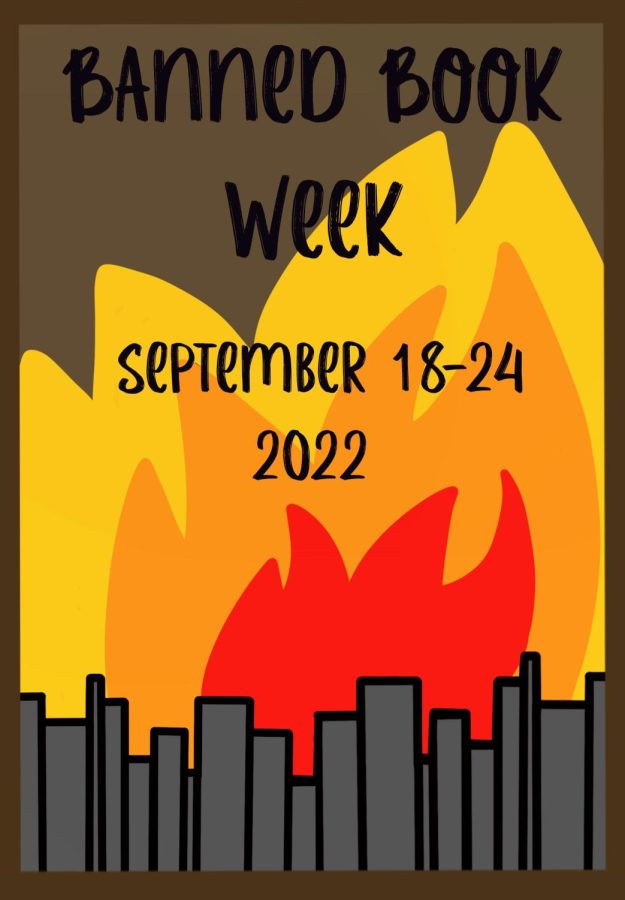Banned Books Week highlights censorship issues
Banned Books Week highlights the history of censorship in literature in the United States.
October 17, 2022
The Mississippi University for Women and Columbus-Lowndes County Library co-hosted Banned Books Week from Sept. 18-24 with separate events at Fant Memorial Library and the local city-county library.
The event, created by the American Library Association, protests the idea of challenging or banning books and celebrates intellectual freedom.
Since the 1960s, the ALA has tracked attempts to ban or challenge books. In the 1980s, the number of censorship attempts increased drastically. Because of this, Banned Books Week was an annual event. As for the importance of Banned Books Week, opinions are widely diverse.
Hillary Richardson, the coordinator of undergraduate research and information literacy at MUW’s Fant Memorial Library, explained the potential ramifications of censorship through book banning.
“Discussing censorship is another way to say that we can’t create individuals if they aren’t able to access different stories that feature people from all different walks of life,” Richardson said. “A significant portion of books that are challenged or banned feature LGBTQ characters or people of color. Some people risk their jobs and their livelihoods to keep books on the shelves, and I don’t know if people realize the ripple effect they create with a complaint about a book on the shelf.”
Allene Nichols, an MUW professor of Young Adult Literature classes, said the importance of Banned Books Week lies in representation and the diversification of perspectives.
“Banned Books Week is an opportunity for teachers and students to take a stand for their right to read books from a range of perspectives and experiences and also for the right to see themselves in the literature that they read,” Nichols said.
Since many banned books are considered YA books, Nichols said banning them affects the classes she teaches and the representation and eye-opening realizations they provide.
Thomas Richardson, an MSMS English teacher, agreed with Nichols’ sentiment and said through reading thought-provoking banned books, people can gain an understanding of perspectives different from their own.
“Books allow us to do the best that we can at hearing from other people whose experiences are different from ours. We can’t separate ourselves from our own bodily experiences. When books are banned, it’s really stifling for people to come together through works of art,” Thomas Richardson said. “When banning books, the idea is the people who challenge books, a lot of times do not read the said books. They might read other reviews and never actually read the book.
To wrap up the week, not only were people able to enjoy the company of other book readers, many people found new books to read.
“We want people to understand what is lost when books are banned and to encourage them to read banned books and stand up against those who try to ban them.” Nichols said.









